
Sta Piovendo “Mems”! (Hallelujah, It’s Raining Mems!)
Hallelujah, It’s Raining Mems! — Memrise Language Learning App
Un Diluvio di Strumenti Gratuiti per Imparare l’Italiano
An Outpouring of Free Tools for Learning Italian
Sta piovendo programmi gratuiti per l’apprendimento delle lingue! (Ehi! Ho detto “Mems”, non “Men”). Recentemente ho scoperto Duolingo e, questo mese, un altro programma gratuito chiamato Memrise. Dopo aver raggiunto l’ultimo livello su Duolingo, ero felice come una Pasqua di poter provare anche Memrise.
It’s raining free language-learning programs! (Hey! I said “Mems,” not “Men.”) Recently, I discovered Duolingo, and this month, another free tool called Memrise. After quickly reaching the final level on Duolingo, I was as happy as a clam to give Memrise a try.
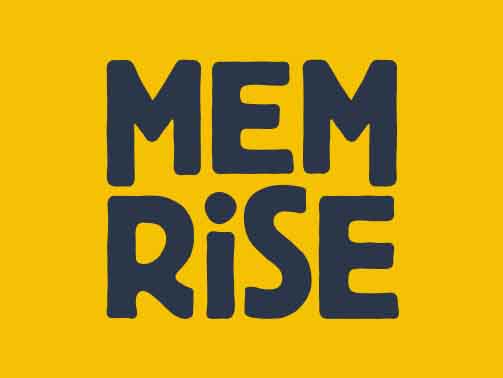
Cosa Rende Diverso Memrise?
What Makes Memrise Unique?
Ho fatto un giro di prova su Memrise e penso che abbia delle caratteristiche molto interessanti. Sia Duolingo che Memrise fanno leva sul nostro spirito competitivo, utilizzando elementi di gioco come sistemi a punti, classifiche, sfide a tempo, premi, trofei e fanfare musicali per stimolare il senso di progresso e realizzazione.
I took Memrise for a spin and found it has some fascinating features. Both Duolingo and Memrise tap into our competitive nature by incorporating game-like elements such as point systems, leaderboards, timed challenges, prizes, trophies, and musical fanfare to make you feel accomplished and motivated.
Flashcard e Mnemonica: Coltivare la Memoria
Flashcards and Mnemonics: Cultivating Memory
A differenza di Duolingo, Memrise utilizza flashcard e mnemotecniche per rendere le parole più memorabili. L’idea è quella di “coltivare e annaffiare” i semi della conoscenza attraverso dispositivi di memoria creativi e ripetizioni frequenti. Il team di Memrise è molto orgoglioso della scienza alla base del programma, con algoritmi che stimolano i ricordi in modi diversi.
Unlike Duolingo, Memrise uses flashcards and mnemonic techniques to make words stick. The idea is to “cultivate and water” the seeds of knowledge through creative memory tools and consistent attendance. The Memrise team takes pride in the science behind their program, using algorithms that stimulate memory in unique ways.
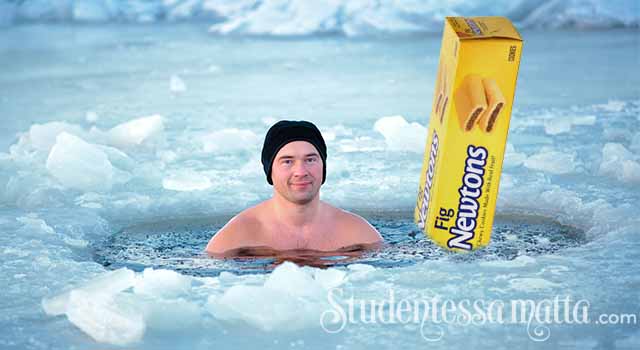
Che Figo! “That’s Cool!”
That’s Cool! (And Not Something Else!)
Ad esempio, per ricordare la parola “Figo” (che significa “cool” in italiano) penso a una buca d’acqua ghiacciata a forma di “O” dove un ragazzo alla moda con un cappello da sci condivide l’acqua “cool” con un pacchetto di Fig Newtons. L’immagine della buca “O” mi aiuta a evitare l’errore di usare la versione con la “A,” che ha un significato sgradevole!
For example, to remember the word “Figo” (meaning “cool” in Italian), I imagine an icy swimming hole shaped like an “O”, where a stylish guy with a ski hat shares the “cool” water with a pack of Fig Newtons. The “O”-shaped swimming hole helps me avoid the mistake of using the “A”-ending version, which has a rather unpleasant meaning!
Le mie buffe mems per ricordare le parole italiane
My silly Mems for remembering Italian words
Cappello / Hat
I imagine the two “P”s in “Cappello” as ears and the “L”s as the hat sides covering them.

Capelli / Hair
I imagine the single “P” as a nose and the double “L”s as strands of hair.
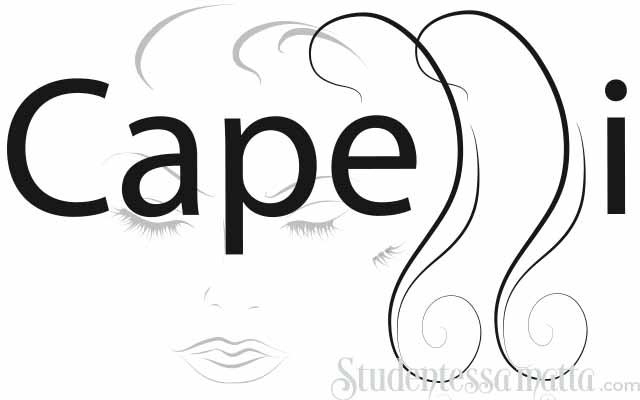
Capelli / Hair
I picture a cowboy holding a knife and saying, “Colt, Hello!”

Uccello / Bird
I imagine a bird singing while standing on a cello.
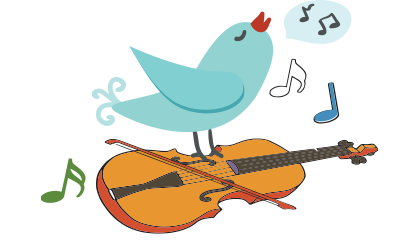
Mazzo di Fiori / Bouquet
I imagine the final “O” in “Mazzo” as the opening of the vase where I’ll place the flowers.
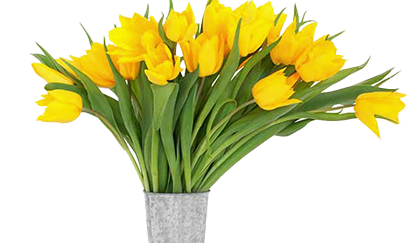

Divertiti a Creare i Tuoi Mems!
Have Fun Creating Your Own Mems!
Più le associazioni sono strane e divertenti, più funzionano! Tuttavia, una mnemotecnica che funziona per me potrebbe non funzionare per te. Su Memrise puoi creare mems personali o esplorare quelli condivisi dalla comunità di altri studenti.
The sillier and weirder the associations, the better they work! However, a mnemonic that works for me might not work for you. On Memrise, you can create your own mems or explore those shared by the community of learners.
Un Piccolo Extra: “It’s Raining Men”!
A Fun Bonus: “It’s Raining Men”!
Scommetto che, dopo aver letto questo post, ricorderai la parola “mnemotecniche” e la canzone “It’s Raining Men” delle Weather Girls! Prego!
I bet that after reading this post, you’ll remember the word “mnemonics” and the song “It’s Raining Men” by the Weather Girls! You’re welcome!

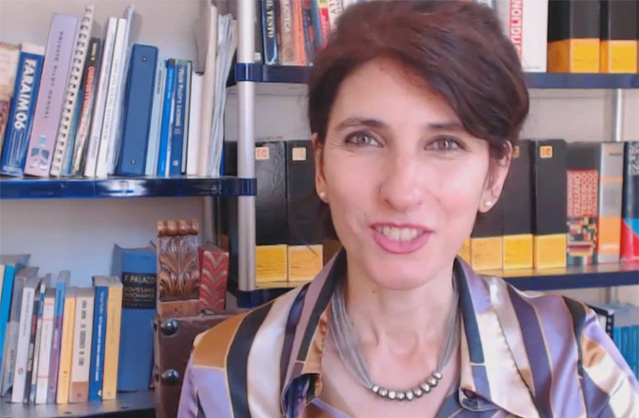
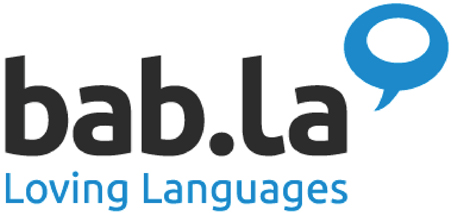








Ciao Melissa,
So I woke up early this morning with the word settentrionale in my head…and I actually remembered my seven tents in the ally up north (with the photo of the Northern lights). Now how does that happen? So laying there, I tried my nemesis…horryifying…up popped a gorry head thinking about a racked Capri not being enchanting…raccapricciante. But the one I could never remember how to spell? How embarrassing is the fat that I need to get rid of–and up pops that ugly mental photo of grabbing fat, ..sbarazzarsi!
(yes, I did check word reference to make sure I spellled correctly…and I did!
I was going to write to tell you that I can’t think of good mems. I loved your cappelo / capelli and figo mems and I now have them in my head. But I was going to ask you how we can get more examples…yours are particularly good. But I think I must be doing ok…these are really hard words to remember and exercising your mind to do these associations is new, but I think I like it.
How do you find the time to explore all of this good stuff! it’s so appreciated. Sorry for the rant, but I got up early thanks to settentrionale.